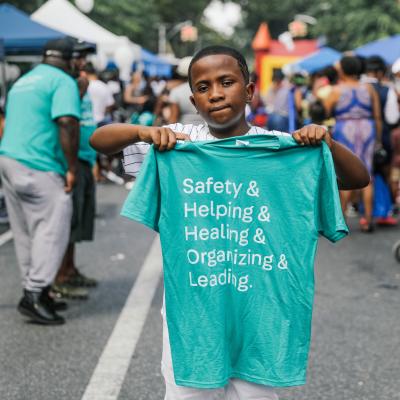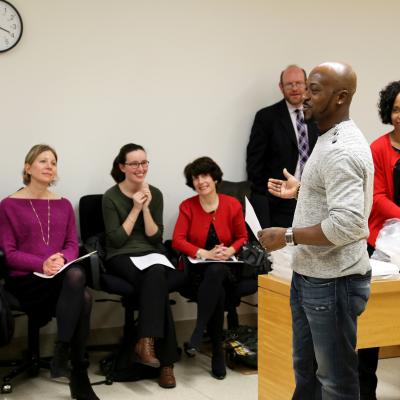Initiatives
-
Neighbors in Action
Neighbors in Action works to make the central Brooklyn neighborhoods of Crown Heights and Bedford-Stuyvesant safer and healthier for all.
-
Parent Support Program
The Parent Support Program works to empower non-custodial parents to find and maintain employment, increase child support payments, and build stronger relationships with their children.
-
Young Parent Initiative
Young Parent Initiative is a new pilot project of the Center to address the needs of young parents so that they can provide social and economic supports for their young children.
Publications & Digital Media
Publications Results
News
We work with reformers around the world.
Do you need help solving a problem, launching a new initiative or improving an old one?




